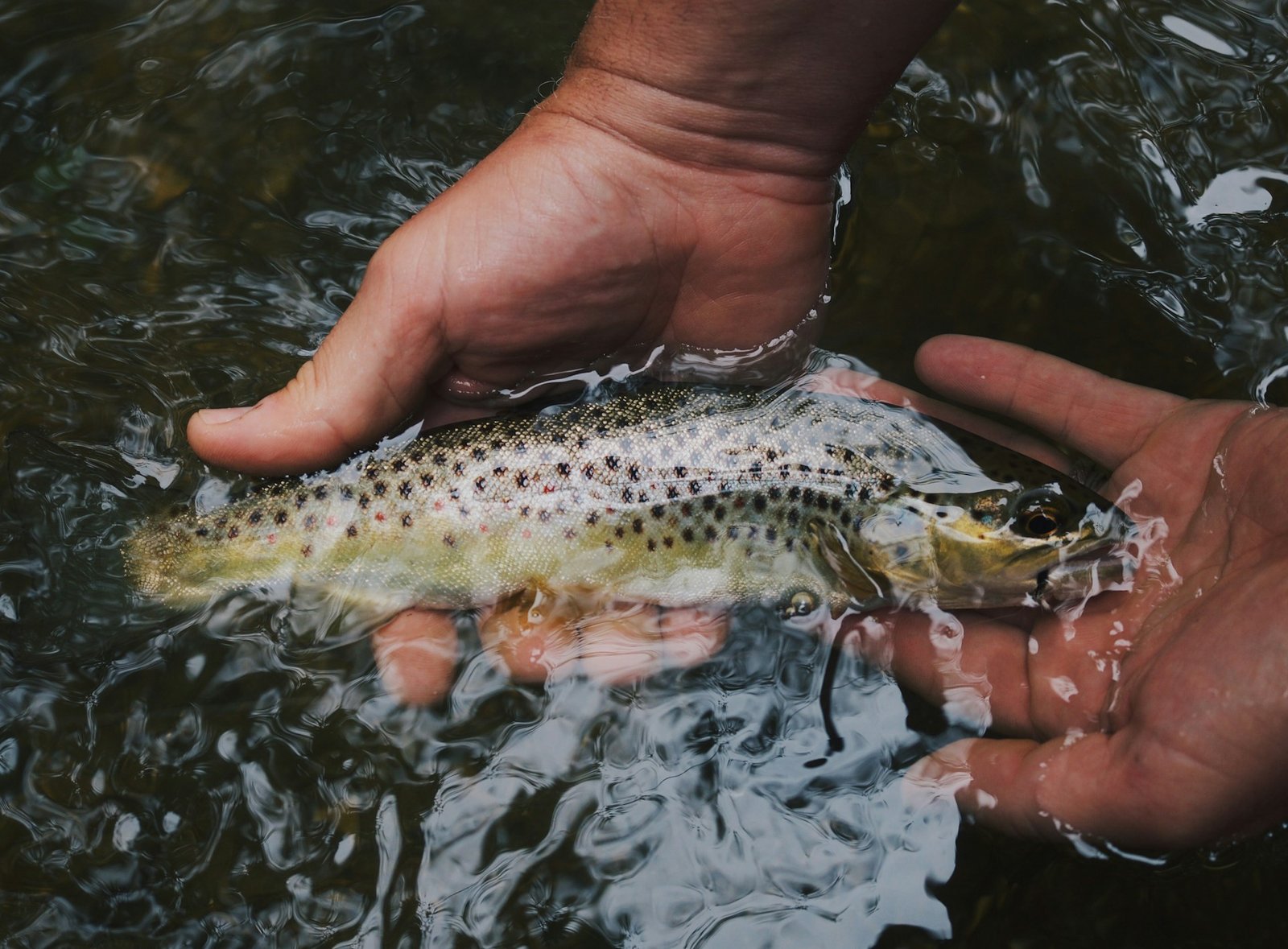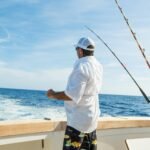More than just pastime Fishing is a tradition passed down from generation to generation, across cultures, and throughout the world. It leads us to the water’s edges and into the world teeming just below its surface. Such an ancient practice Unless our perspectives change with a changing world, life is going to get hard. But now the angler is in the vanguard of conservation. It is he who will protect fish populations into the future. The fate of this initiative depends on the consumer of fish, but universities also have a role to play in this movement. At the same time they may play a crucial role in moving away from exploitation and towards safeguarding wildlife. They donate some government funds accordingly to help promote nature conservation among other things aimed at letting hunters blend into their environment.
Understanding Overfishing’s Impact
Before we move on with the solutions, We must first define the problem. Overfishing has led to the depletion of many species around the world. It disrupts the balance of aquatic ecosystems and affects not merely those species being fished, but also the entire food web. Anglers, who are frequent visitors to these ecosystems, See for themselves these changes taking place and are in a position to act as stewards of the environment.
Catch and Release: A Sustainable Practice
Catch and release is more than just a technique; it’s also attitude. It means respect for the fish and the realization that each individual put back in the water is a victory for conservation. Here’s how to do that right:
Use the Right Equipment: Use fishing tackle with minimal harm to fish, like hooks that are circular in shape and nets made of mesh with no knots tying it together.
Learn the Technique: Learn how to properly handle and unhook fish. The less time a fish spends outside water, the better are its chances of staying alive.
Understand the Species: Different fish have different tolerances. Know some of the details, whatever it is, about the fish species you’re after and how best to handle them.
Regulations: The Framework for Conservation
Fishing rules don’t hamper or restrict; they are the collected wisdom of scientists, conservationists, and skilled anglers. Their goal is to ensure that fish populations stay healthy and that angling can be enjoyed for years to come. Keeping to these regulations is not merely a matter of law; it is also an act of conservation.
Habitat Conservation: The Foundation Of Healthy Fish Populations
Fish need healthy habitats to prosper. Pollution, invasive species and physical modifications to waterways are all substantial threats. Anglers can help to conserve fish habitats by:
Supporting Clean Water: Promote policies and initiatives that are intended to reduce pollution and improve the quality of our water. Yard and Garage Spraying for Mosquitoes.
For example, in many neighborhoods residents hire mosquito abatement contractors to wage chemical attack on their yards and garages, after which run-off from these sites can contaminate public water supplies with toxic chemicals.
Education and Outreach: The Message Over There
Knowledge is power, and in conservation circles it can also be a lever for change among anglers. Anglers educate the public by:
Exchanging Information About Best Practices: Show novice anglers how to get started with fish in a sustainable and responsible manner.
Building Community Relationships: Join your local fishing club or conservation society, in order to inculcate an atmosphere of being a good steward.
Publishing Information: Switch on the Light
Take advantage of social media to alert people about the need to protect fish populations.
Conclusion
In conclusion, it is up to everyone The future of fishing. Fishing will truly take off when anglers film their own successes on camera and share them with the world. It is then and only then that we can Her words hang in the air for a moment before they were lost in the rising tide of cheers and applause.
The future of fishing is in our collective hands, not just three or four men. Every responsible fisherman, every child who learns conservation in school, and every law protecting our rivers sweeps us a step further away from certain decay and towards hopes for flourishing fish populations in years to come.
As anglers, we have the privilege to enjoy the fruits of our rivers. This privilege carries with it a duty: we must protect them from harm. Let’s cast our lines with responsibility and together make sure that today’s work sends out waves of beneficial change for tomorrow.



